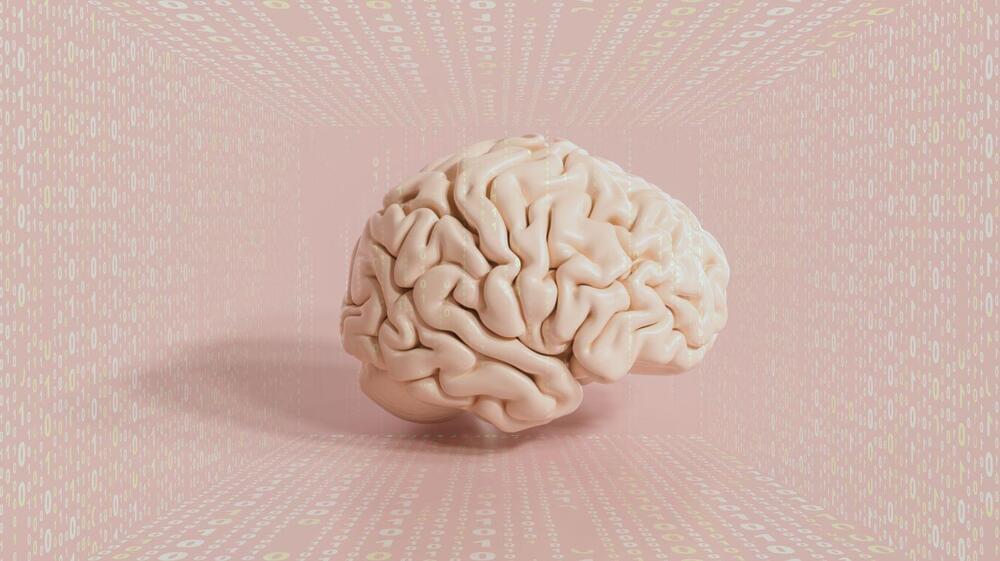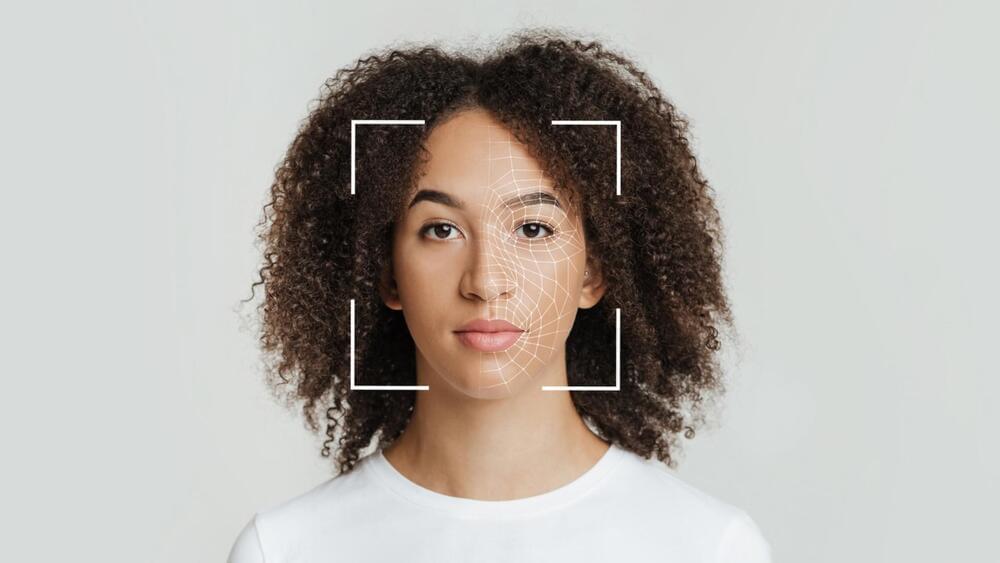The intelligence community is mulling over how AI can pose a threat to national security.
The world is captivated by the rise of artificial intelligence (AI) tools like ChatGPT. And they have proved their worth in providing human-like answers to complex questions or even writing a research paper. While there are issues like ‘hallucination’ or grabbing and spouting out incorrect information from the internet, nations are concerned with a more significant issue when it comes to AI.
The intelligence agencies are now mulling over how AI can pose a threat to national security.
MysteryShot/iStock.
The intelligence agencies are now mulling over how AI can pose a threat to national security. In a recent interview with Bloomberg, a top U.S. spy official said intelligence agencies should use commercially available AI to keep up with foreign adversaries because their opponents will be doing the same.








 עברית (Hebrew)
עברית (Hebrew)